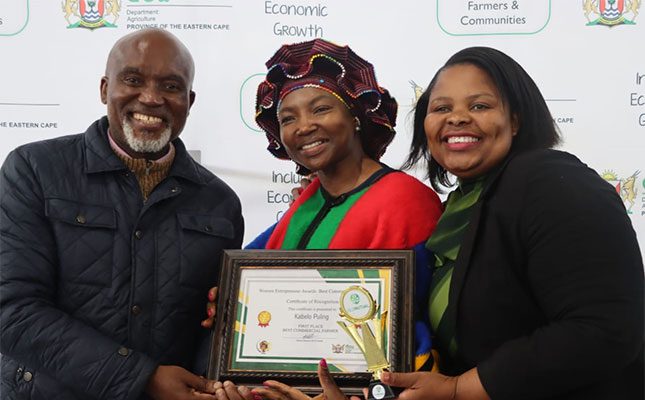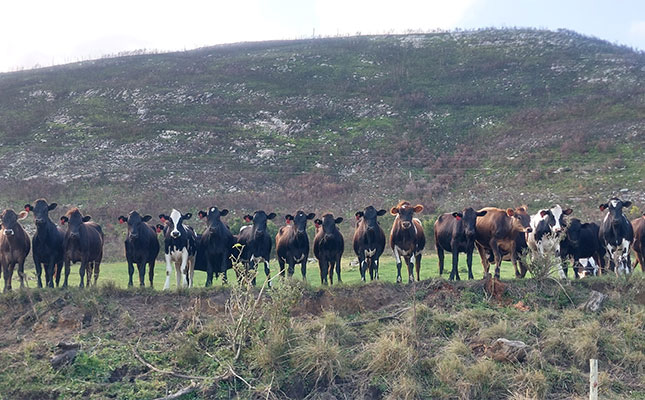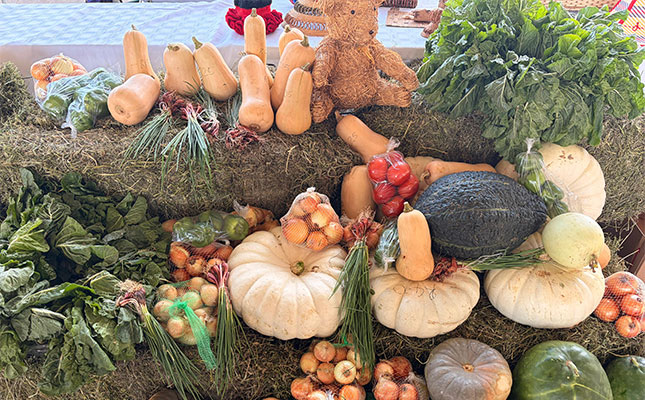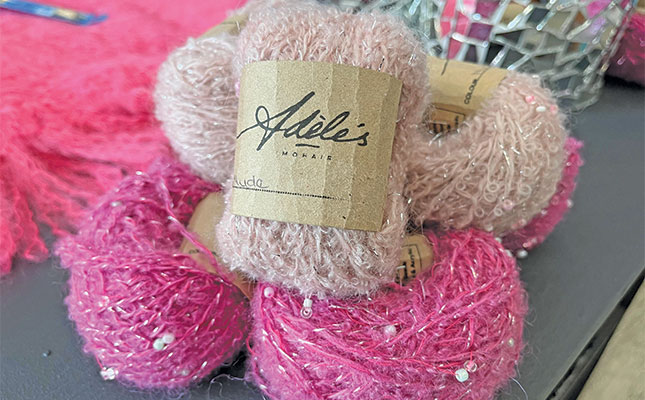
According to a statement, the awards, established in 1999, were aimed at encouraging and increasing women’s participation in agriculture while celebrating their role in food production, job creation, and poverty alleviation.
Speaking to Farmer’s Weekly , Kabelo Puling, CEO of Pula Nala, described the win as a significant milestone for her team. She explained that the business was founded in 2020 after family discussions about how to contribute meaningfully to the economy.
“We started with [just] over 50ha land but now we’ve cultivated 250ha, and [since 2020], we have employed more than 500 people,” she said.
Puling added that the company’s establishment was motivated by the urgent need to tackle rural unemployment and economic exclusion.
“We are first-generation commercial farmers, inspired by our forebears who were highly efficient subsistence farmers. The business was born out of a strong personal conviction that agriculture is the next frontier of economic growth for our country,” she said.
Pula Nala quickly evolved from a farming operation to a vehicle for broader rural transformation.
“We became acutely aware of how both public and private financial institutions systematically exclude rural entrepreneurs, especially women and youth, by imposing conditions that are completely misaligned with rural realities,” Puling explained.
According to her, the name Pula Nala is deeply symbolic and reflects the enterprise’s values: “In simple terms, pula means rain, and nala means abundance and prosperity. So, Pula Nala refers to the rain that brings abundance and prosperity.”
She added that the name mirrored the company’s mission to highlight the untapped potential of rural communities: “Our mission is to demonstrate that rural communities across the continent are rich with potential, that abundance exists in our villages, and that self-sufficiency and prosperity are not only possible but well within reach when the right support systems are in place.”
Puling said that securing the initial land involved navigating traditional governance structures.
“We farm on communal land, so gaining access to the initial 50ha required a lengthy and respectful process of engaging with local residents and the traditional council. Trust had to be earned, and we did so through transparency and consistent engagement,” she explained.
As the business grew, partnerships became vital. “Scaling to 250ha involved building strong relationships, investing in machinery, and improving our operational systems. We also had to overcome limited access to finance and institutional delays,” Puling said.
One key partner in the company’s expansion was the Eastern Cape Provincial Government. “Their support was instrumental in helping us scale to where we are today,” she added.
According to Puling, the Pula Nala team planned to leverage the award to raise awareness about the realities rural women and the youth faced in agriculture.
“We intend to use this award to amplify the voices of rural women and youth who are farming with passion and purpose, often without any recognition or support,” she concluded.
Get trusted farming news from Farmers Weekly in Google Top Stories.
➕ Add Farmers Weekly to Google ✔ Takes 10 seconds · ✔ Remove anytime










